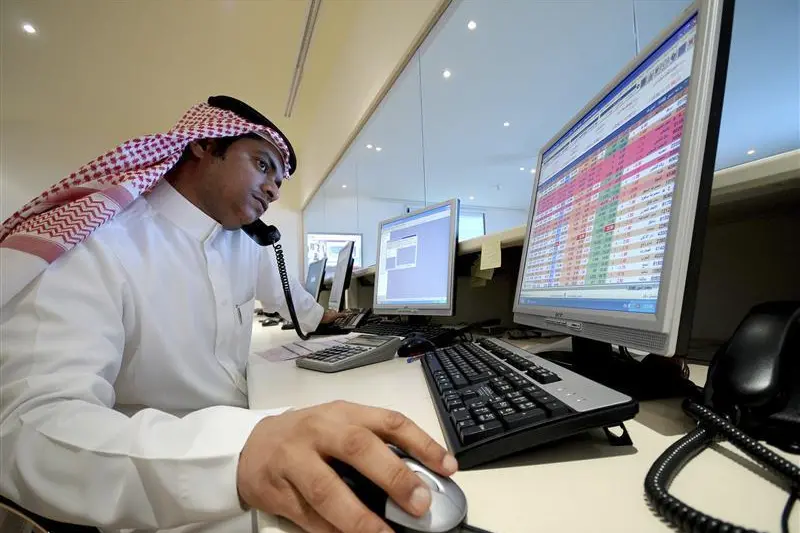PHOTO
Most stock markets in the Gulf ended little changed on Sunday and the Saudi index dipped, with weaker oil prices dampening sentiment after earlier gains fuelled by dovish signals from the U.S. Federal Reserve.
Oil prices, a catalyst for the Gulf's financial markets, fell on Friday, with a possibility of a ceasefire in Gaza, the stronger dollar and lower U.S. gasoline demand all weighing.
The Qatari benchmark index was up marginally with gains in communication services, materials, consumer staples, and energy sectors offsetting the losses in finance, industry and real estate.
Qatar Gas Transport and Ooredoo rose 0.7% and 1.1%, respectively, while Qatar National Bank, the region's largest lender, and Industries Qatar both closed down 0.3%. Saudi Arabia's benchmark index retreated 0.3%, after a previous session of gains with almost all sectors in the red.
ACWA Power fell 1.7% and Saudi National Bank, the kingdom's largest lender, shed 0.9%. Among other losers, ADES Holding and Savola Group fell 2.4% and 2.5%, respectively.
Earlier in the week, the Fed left rates unchanged but signaled it was still on track for three rate cuts this year, boosting stock markets around the world.
Most Gulf currencies are pegged to the dollar, and any U.S. monetary policy changes are usually followed by Saudi Arabia, the United Arab Emirates and Qatar. Outside the Gulf, Egypt's blue-chip index was little changed as gains in materials, consumer staples, finance, and communication sectors offset losses in healthcare, industries and real estate.
E-Finance and Fawry for Banking Technology climbed 10.3% and 7.2% respectively, while Talaat Mostafa dropped 4.2% and El Sewedy Electric slipped 4.6%.
SAUDI ARABIA dropped 0.3% to 12,796 KUWAIT ended flat at 8,119 QATAR ended flat at 10,215 EGYPT ended flat at 29,060 BAHRAIN gained 0.8% to 2,068 OMAN ended flat at 4,793
(Reporting by Md Manzer Hussain Editing by Tomasz Janowski)




















